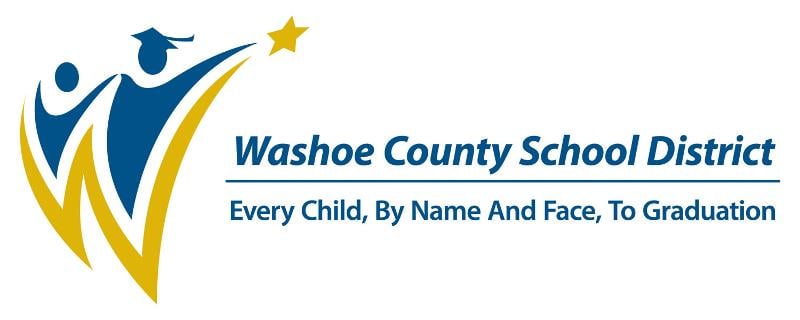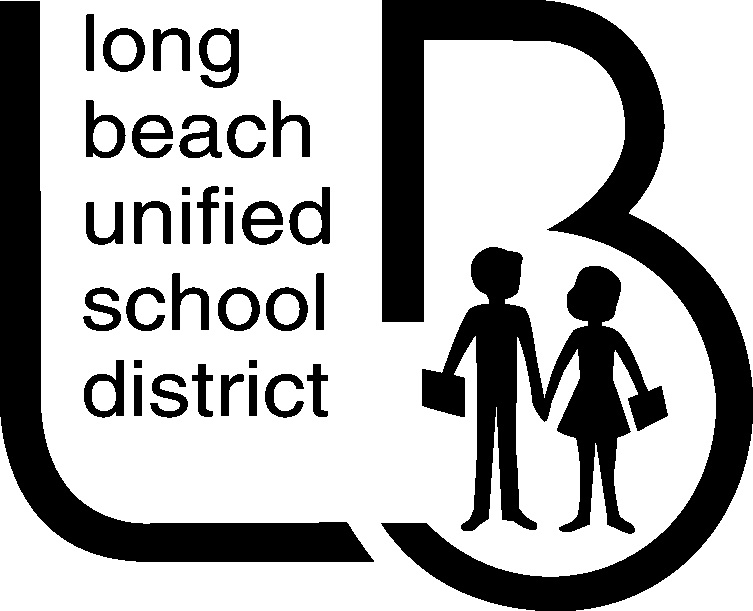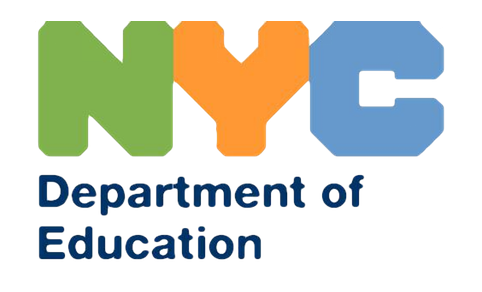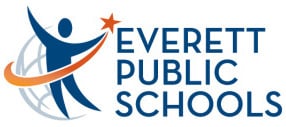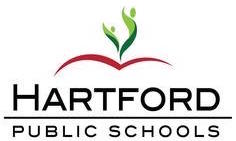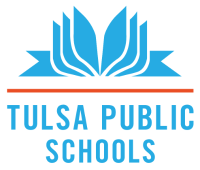Recorded Thursday, April 18th, 2024
The U.S. Department of Education defines employability skills as a set of “general, cross-cutting abilities” and a “crucial component of college and career readiness.” The DOE's framework for Employability Skills outlines 42 competencies—14 of which are "soft skills" that play a pivotal role in shaping students into adaptable and resilient individuals who are prepared to navigate the complexities of the modern workforce. It's crucial that schools focus on these competencies; employers now value applicants' soft skills as equally as more traditional, technical skills.
So how can schools help students develop these critical skills and measure them to show progress? Join the conversation with district leaders and researchers as we unpack ways to develop employability skills in today's students, to ensure lifelong career success.
Together we will:
- Hear how districts can build their knowledge and capacity to integrate and prioritize employability skills
- Learn about the Employability Skills Framework and why it is important for all students
- Explore methods to incorporate teaching these skills across a district
- Hear how districts are measuring employability skills and tracking student progress




